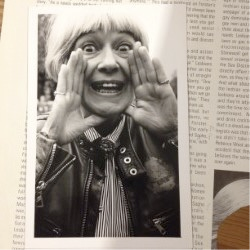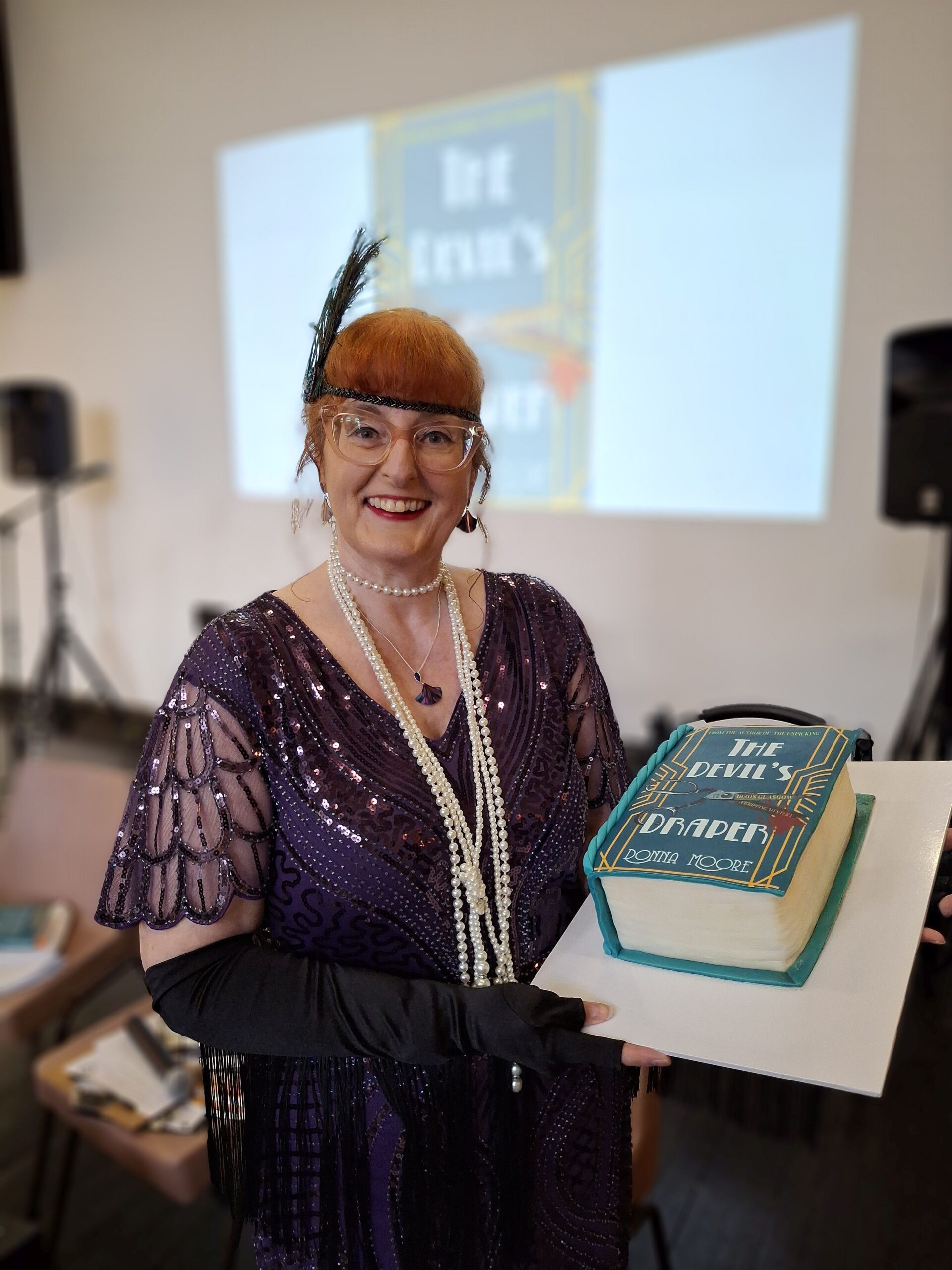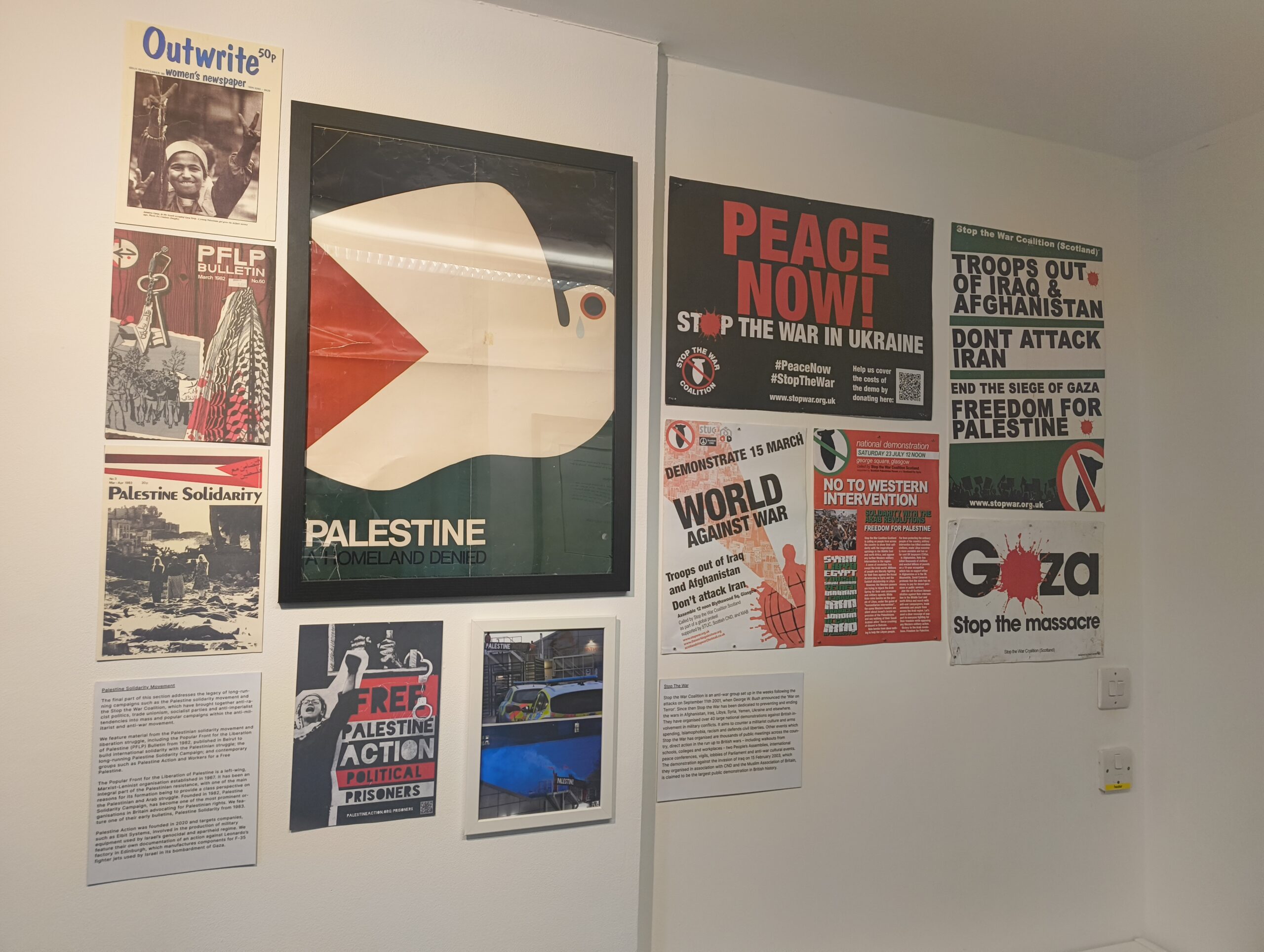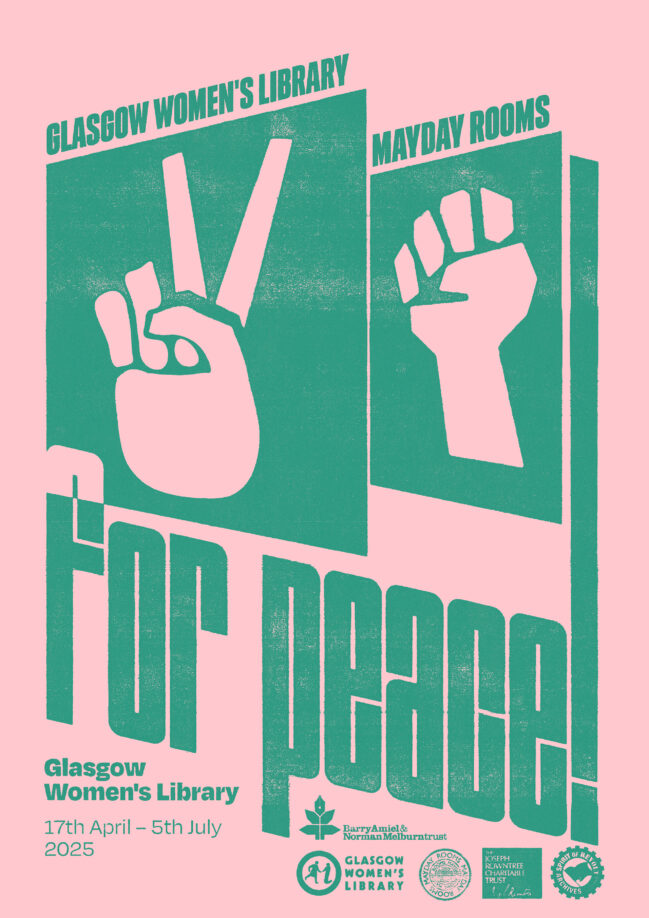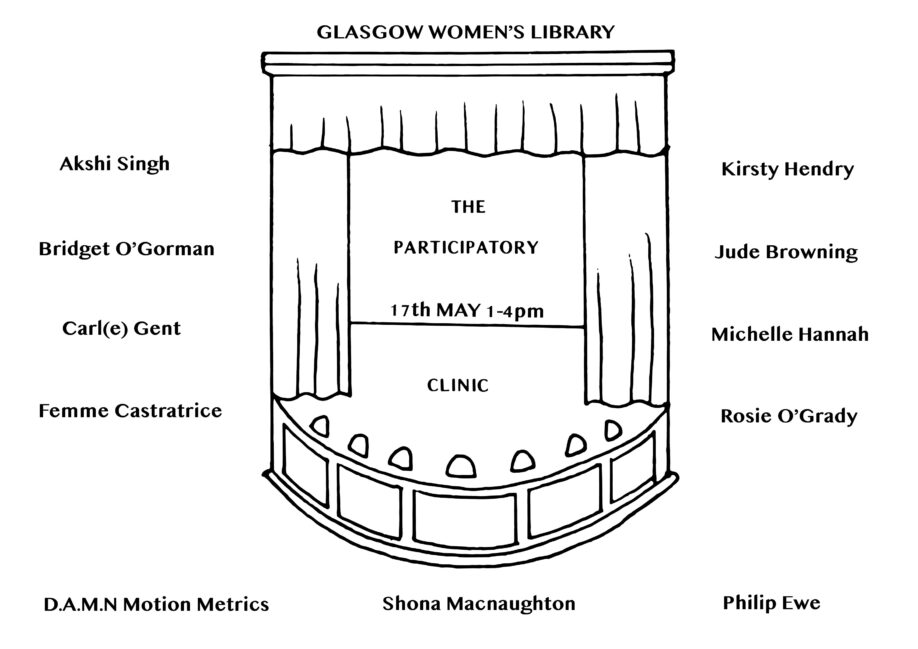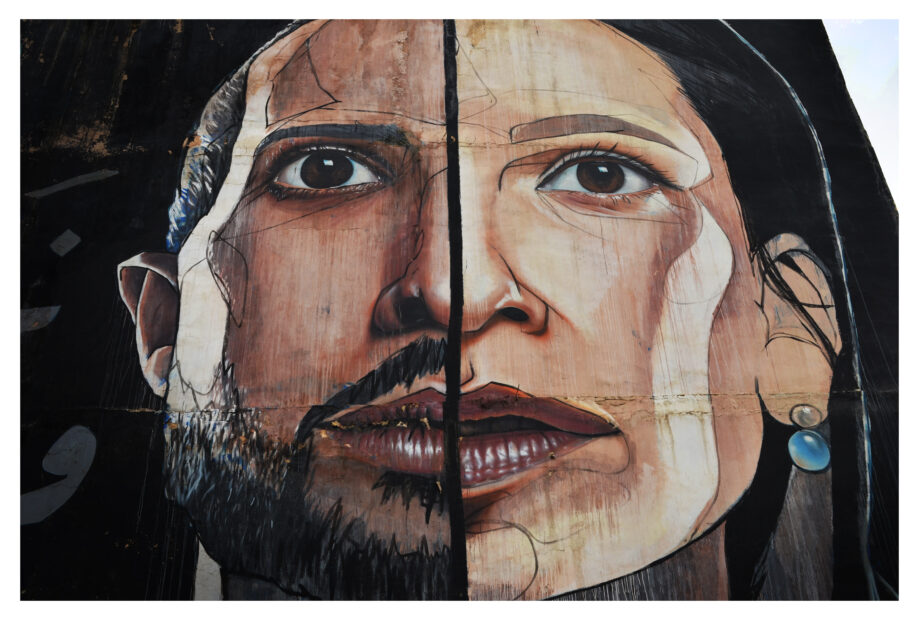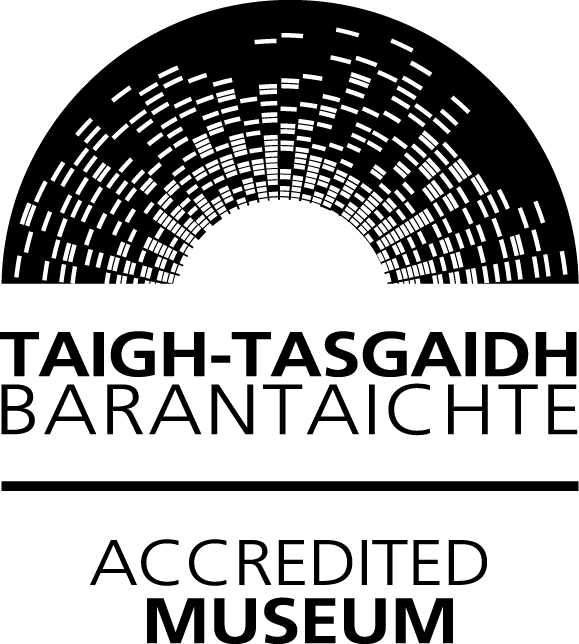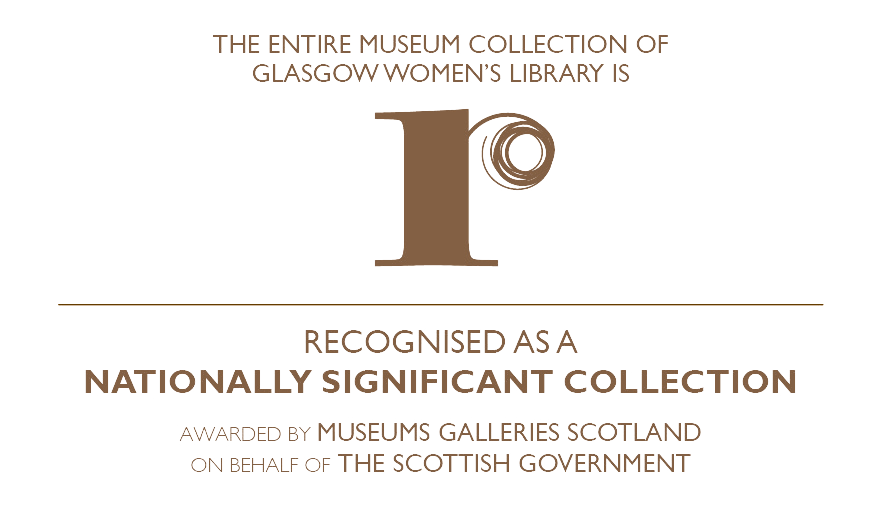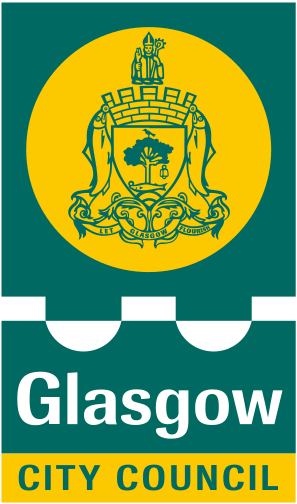Morna McMurtry worked with the GWL Collections team a few years ago to look at the Lesbian Archive. Here she remembers activist Jackie Forster.
For the first of my GWL Lesbian Archive blog series I have decided to focus on the woman whose energy trail blazed with the triumphant and unapologetic 1970s lesbian magazine Sappho. Brash and bold for the decade of it’s publication I would like to remember the voice of a headstrong, brave and determined veteran activist… Jackie Forster. In her 1998 obituary Carol Woddis from The Independent cites:
“IF POWER is about making a difference, affecting people’s lives, then Jackie Forster was a powerful woman. Thanks to her many hundreds, if not thousands, of women have been able to lead more dignified, less isolated lives.”
This is apparent from the HETERACETERA pages in every issue of Sappho. This was a publication that reached out to women suffering crippling isolation in a time where the pressure of heterosexual compliance was high. Sappho created a safe forum that allowed these women to realise they were not freakish outcasts or mentally unwell, they were lesbians and there were many others like them. In the words of Forster: “It rocked me – I’d always been told to like men, but I was discovering the more you keep the peace, the less you get noticed.”
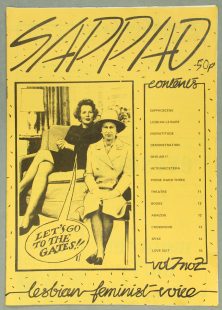
When she started to speak up, she was hard not to notice. Her personality really comes across when reading the many articles stored in the GWL Lesbian Archives. She is daring, charismatically forward and unapologetic. This hilarious personal story made me laugh out loud:
“I met a man in Toronto, who took me back to his place, but he was worried that I was after him, ‘Don’t worry. I’m not a homebreaker.’ I told him. Three months later I was in bed with his wife.”
The unashamed refusal to be polite, convivial and conform makes her a fascinating woman to explore. After Sappho’s closure in 1981 she remained committed to LGBTQ activism and founded the Equality Alliance (E.A.) that strived for the liberation of lesbian, gay, bisexual and transgender human rights. Strength and commitment are apparent when revisiting her words.
The Lesbian Archive (LAIC) contains an overwhelming amount of LGBTQ publications and I decided to investigate some of Sappho’s successors to see if Forster’s influence was detectable. Shebang (The Dyke Active Ingredient) is a 90s British publication that I found intelligent, discursive and pleasantly audacious. The progression and fluidity of lesbian identity is wonderful to read because it shows that Sappho’s driving conversational force continued over a decade after it deceased. However, it also shows some of the issues that remain:
“The intrepid dyke makes herself vulnerable just by being visible in a not always gay-friendly world. She invents herself visually, socially and sexually. Lesbian’s have always been a sexual avante-garde, redefining their own notions and challenging societies clichéd ideas of feminism.”(Vol. 1, No. 1)
Redefining and challenging societal norms is something that is consistently called for throughout the decades and it is delivered when reading advantageous publications such as Sappho and Shebang. The ideas of reinvention in Shebang are mirrored by Forester’s words in the book Women Like Us:
“But that hardcore of society is really influencing our laws and influencing education in schools – they see us as perverts who are corrupting society. And my view is we must never rest, we’ve got to go out there talking or reacting, very strongly.”1
Even though I am writing this in 2016, I feel the weight of Forster’s words. Oppression is ever prevalent in our society and remembering the constant need to continue the conversation with unapologetic strength is essential: “Sappho was always against stereotyping. There might be such a thing as a lesbian Phoenix… and neither you nor I can say that bird has blown it.”
Perhaps we should call Jackie Forster a lesbian Phoenix. Her words are ever inspiring and let’s continue to make them ACTION PROVOKING.
1 Neild,. S., & Pearson,. R., Women Like Us, (London: The Women’s Press, 1992), p. 95

